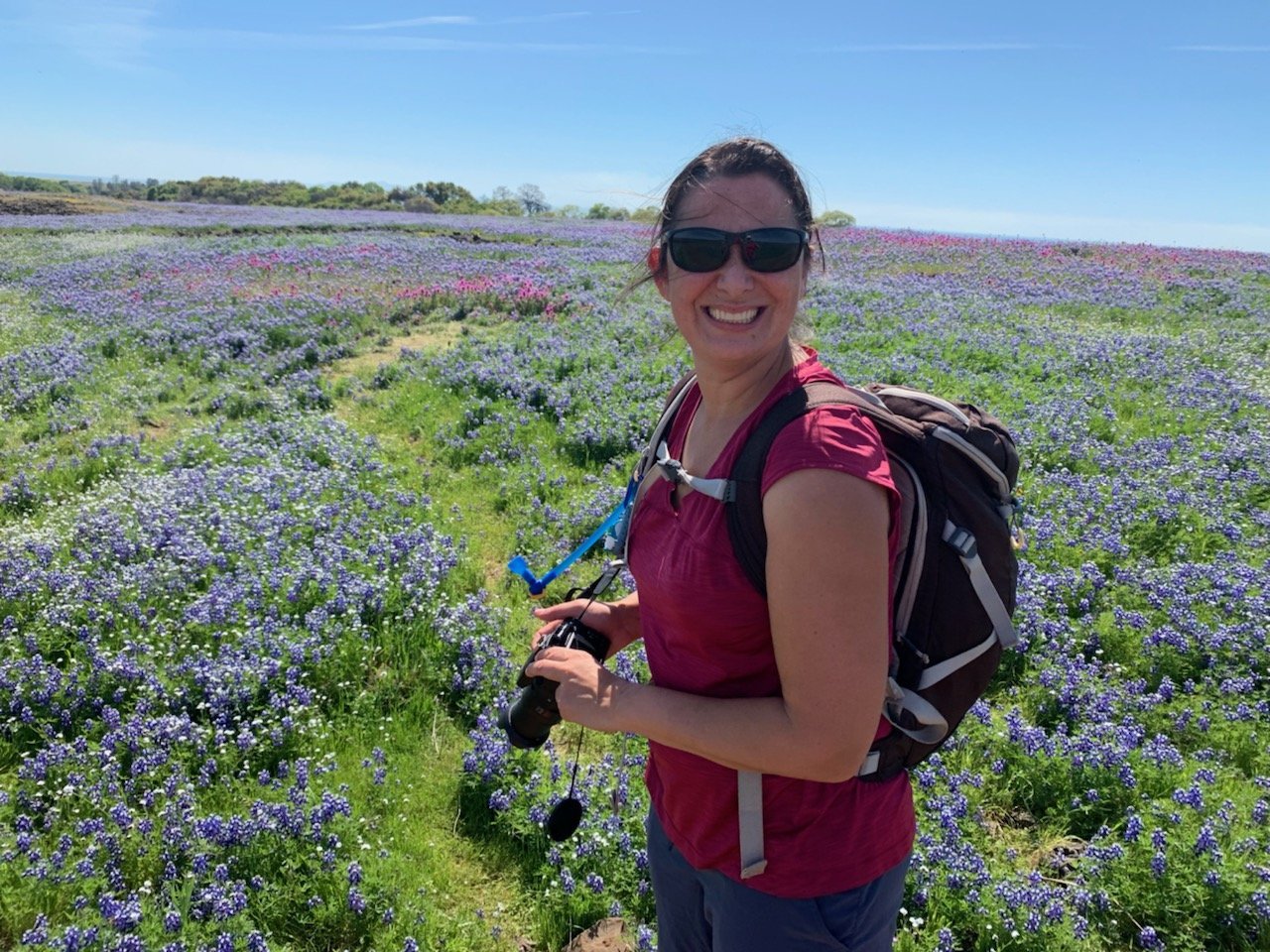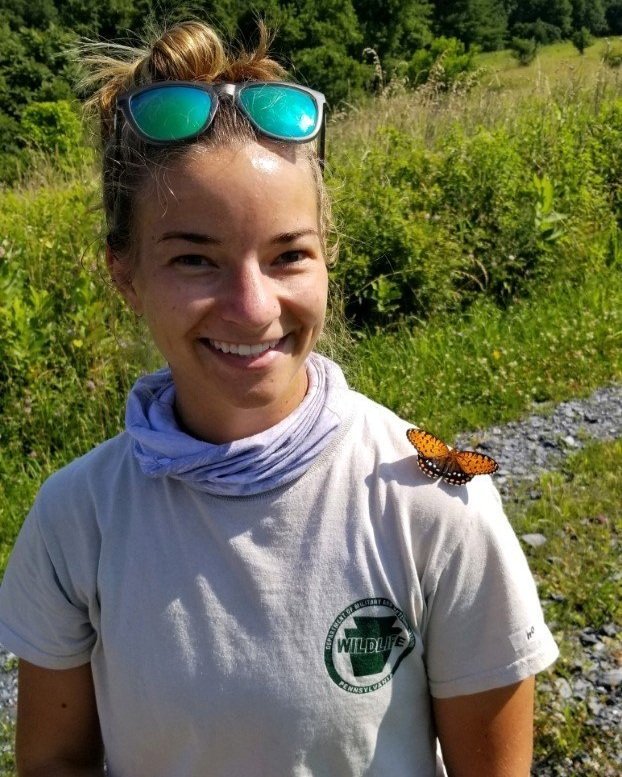 Image 1 of
Image 1 of


Introduction to Ecological Statistics and Modeling
-
Learn a variety of essential quantitative skills in R to be successful in analyzing, presenting, and publishing your research findings. The examples used during the course are tailored to the needs of students, researchers, and professionals in ecology-and wildlife-related disciplines.
-
Learn at your your own pace with or without instructor support (see Online Course Format Chart below for details).
Summer: June 2 - August 24, 2025 (Early bird ends May 4th)
Fall: September 2 - November 23, 2025 (Early bird ends August 3rd)
*Early bird saves $75
-
Basic statistics and introductory R training (e.g., R Boot Camp for Ecologists and Wildlife Biologists).
-
Module 1: R Boot Camp (Refresher)
Refresh your knowledge on how to import, tidy, mutate, combine, transform, and visualize data using R and RStudio
Module 2: Normal Populations
Use the Central Limit Theorem to determine the sampling distribution
Demonstrate the ability to calculate confidence intervals and p-values
Compare populations statistically using one- and two-sample t-tests
Module 3: Nonparametric Tests
Demonstrate the ability to conduct hypothesis testing using nonparametric tests
Learn how to use loops in R
Understand the difference between sampling with and without replacement
Module 4: Simple Linear Regression
Measure correlation between variables
Demonstrate the ability to carry out simple linear regression
Interpret regression outputs for continuous predictors
Module 5: Multiple Regression
Understand how categorical predictors work
Demonstrate the ability to carry out multiple linear regression
Interpret regression outputs for continuous & categorical predictors
Module 6: ANOVA
Understand when to use ANOVA instead of other parametric tests
Demonstrate the ability to run ANOVA in R and interpret the output
Module 7: Model Selection
Learn how to diagnose and address multicollinearity
Understand how to compare competing models
Combine information from more than one model
COURSE OPTIONS & INFORMATION (Review chart above, then click below)
-
FORMAT:
3 months of access to course materials as you work at your own pace
CONTINUING EDUCATION:
16 CEUs with The Wildlife Society
4 CEUs in Category I(a): Scientific Education and Training with the Ecological Society of America
Go to our Continuing Education Page for more details
-
FORMAT:
3 months of access to course materials as you work at your own pace
Get instructor support for the 3-month term via email, discussion threads, group meetings, and one-on-one appointments
After working through the course materials, set up an optional meeting with the instructor to discuss your own personal project from work or school
CONTINUING EDUCATION:
16 CEUs with The Wildlife Society
4 CEUs in Category I(a): Scientific Education and Training with the Ecological Society of America
Go to our Continuing Education Page for more details
CERTIFICATIONS:
Earn 1 credit toward certification as an Ecologist (at any level) with Ecological Society of America
Earn 1 credit toward certification as an Associate/Certified Wildlife Biologist® (at any level) with The Wildlife Society
-
FORMAT:
12 months of access to course materials as you work at your own pace
Get instructor support for the 3-month term via email, discussion threads, group meetings, and one-on-one appointments
After working through the course materials, set up an optional meeting with the instructor to discuss your own personal project from work or school
CONTINUING EDUCATION:
16 CEUs with The Wildlife Society
4 CEUs in Category I(a): Scientific Education and Training with the Ecological Society of America
Go to our Continuing Education Page for more details
CERTIFICATIONS:
Earn 1 credit toward certification as an Ecologist (at any level) with Ecological Society of America
Earn 1 credit toward certification as an Associate/Certified Wildlife Biologist® (at any level) with The Wildlife Society
Earn 1 credit towards a professional certificate in Applied Quantitative Ecology with CWS
ACADEMIC CREDIT:
Earn 1 academic credit (go to our Academic Credit Page for details)
Earn an additional 1-2 academic credits with an Applied Project

INSTRUCTOR
PROMOTIONAL VIDEO

“This is a great course for those who are intimidated to learn R—the web format gives flexibility to go at your own pace, and there’s fantastic support when you need some extra explanations.”
Valerie Eviner
Professor of Ecosystem Management and Restoration, UC Davis

“The instructors of this course clearly have an incredible working knowledge of ecological modeling and statistics. I would consider my knowledge of statistics a weak point of mine, and that being said, they did a great job of explaining why each model, test, etc. was the appropriate tool for the situation. For me personally, this was extremely helpful in my comprehension of the lecture content.”
Kayli Thomas
Wildlife Biologist 1, Department of Military and Veterans Affairs (DMVA) for the Commonwealth of Pennsylvania
SCHOLARSHIPS
Full scholarships are available to participants from countries designated as “lower income” and “lower middle income” in the World Bank List of Economies. Please see our CWS World Scholars Program page for details.
CANCELLATION POLICY
Cancellations 30 days or more before the start date are not subject to cancellation fees. Cancellations <30 days before the start date are subject to a 50% cancellation fee. No refunds once the course begins.

